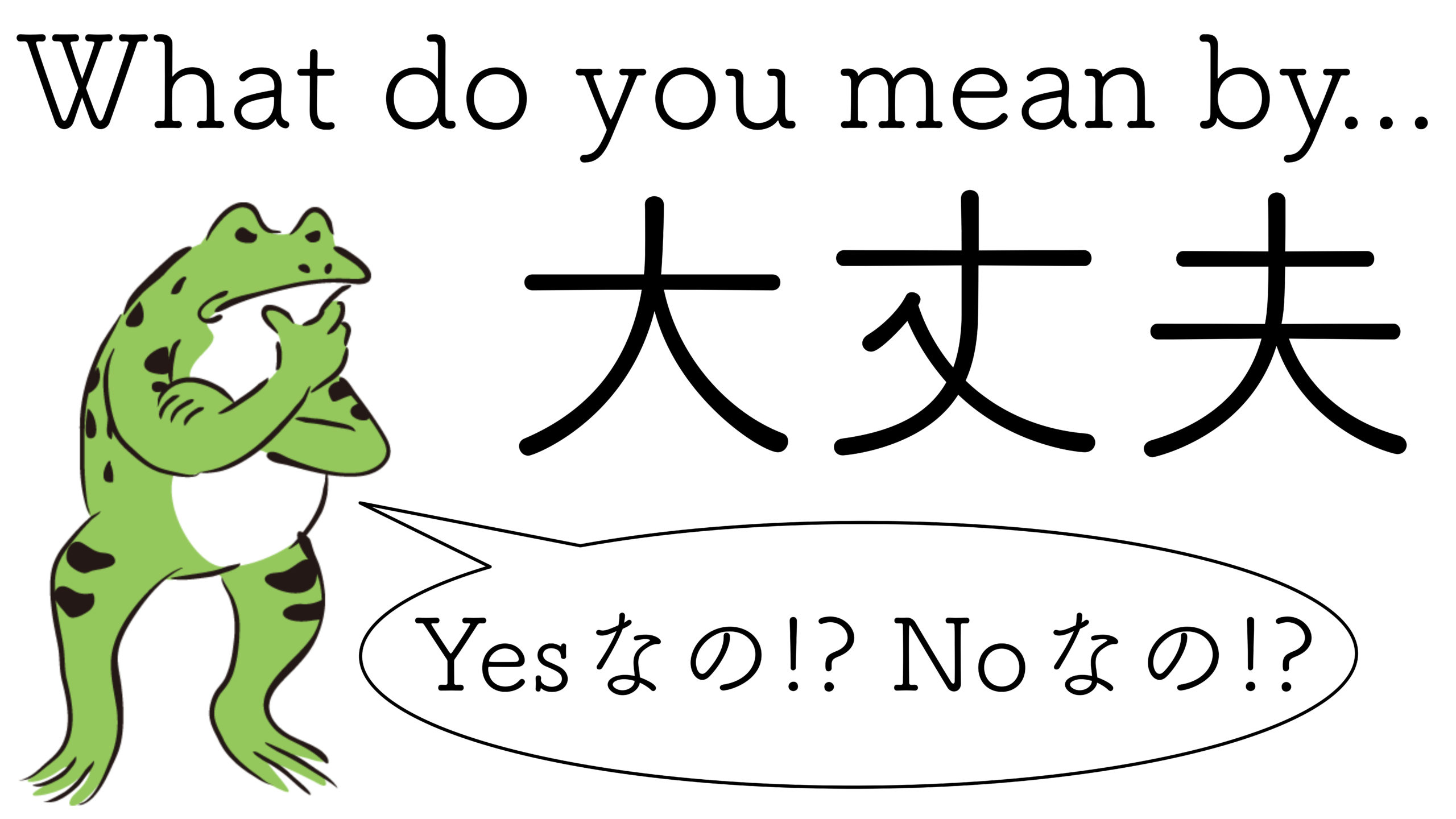最近、こんな興味深いツイートを見つけました。
Recently, I found this interesting Tweet.
つまり、答えが「イエス」なのか「ノー」なのかはっきりしないので分からないのです。
In a nutshell, this person from Nepal does not get if the Japanese people mean Yes or No.
物事をストレートに言わない日本の典型的な返事の仕方、とも言えるでしょうか。
Maybe you can say that this is typical of Japanese who do not say things too directly.
でも、日本語がネイティブではない方にとっては一体答えが何なのか、分からないですよね。
But I can understand that this could confuse those people whose native language is not Japanese.
例えば、以下のようなシチュエーションが良くあると思います。
I have come up with situations like this.
友人宅で:
ビールのおかわり、どう?
大丈夫。
At a friend’s house:
Would you like some more beer?
I’m good (Means NO).
コンビニで:
袋はご利用ですか?
大丈夫です。
At a convenience store:
Would you like a bag?
It’s ok (Means NO).
レストランで:
セットメニューもありますが、いかがなさいますか?
大丈夫です。
At a restaurant:
There is a set menu too, would you like it?
I’m good (Means NO).
居酒屋で:
もう一品食べられる?
大丈夫。
At izakaya:
Can you eat one more dish?
Good (YES.. or NO!?)
などなど・・・
And so on…
「大丈夫」の意味は、辞書を引くとAll rightとか、OKとあります。
In the dictionary, the meaning of the word “大丈夫” is All right or OK.
日本人が返事をするときに「大丈夫」という言葉を使う理由は、「ノー」と言いたいときに相手がちょっとでも気分を害すことがないように気を遣うところにあると思います。
I think the reason why Japanese people often say “大丈夫” when responding with a negative answer is that they just want to avoid making others feel offended by saying NO.
「イエス」か「ノー」かをはっきり言うだけでなぜ気分を害するのか、と疑問に思う方もいると思いますが、何でもストレートに言わずあえて遠回しに言うことで日本語の丁寧さを表現することもできるのです。
You may think why answering Yes or No clearly would ever offend anyone, but saying something indirectly can actually express politeness when talking in Japanese.
面倒くさいですね(笑)
I know it sounds complicated! LOL
実際、私もほとんどの場合、コンビニやスーパーで袋が要らないと言いたいときに、「袋は、大丈夫です」のように言ってしまいます。クセです。
This is also typical of me saying “大丈夫” as in “No thanks for the bag” in convenience stores or supermarkets. It is just my habit.
袋は結構です、とか、袋は要らないです、とか、色々な言い方があると思いますが、どれもストレートすぎる感じに聞こえてしまうんですよね。私は考えすぎかもしれません。
There are other ways to say essentially the same thing with more direct words, but I tend to think too much that these words can be a little rude.
例えば、私のようにもし「イエス・ノー」の返事をするときに「大丈夫」という言葉を使って断りたいなら、もう少し分かりやすくするために「いいえ、大丈夫です」のように「いいえ」を付け加えるといいと思います。
But for example, if you are also like me and want to say “大丈夫” to say NO, say “いいえ、大丈夫です” to add “いいえ (No)” along.
そうすれば「ノー」の意思表示がクリアになると思います。
By saying so, it is clearer to show your intention of saying No.
「居酒屋で」の例のように、「もう一品食べたい」のか「もう食べたくない」のか分からない曖昧な「大丈夫」の場合はもっと困るでしょう。
Like the example of the conversation in izakaya which I mentioned earlier, it is more complicated to understand if the answer is Yes or No if you want to have another dish, or do not want to eat anymore.
この場合は、「(うん)大丈夫、(もう一品食べられる)」なのか、「(私はもうお腹がいっぱいだから、食べなくても)大丈夫」なのか、言い方や表情や声のトーンで判断することになるのだと思います。
In this case, it would depend on the way you say it, or facial expression, or even the voice tone to judge whether you are trying to say “Yes, I would like one more dish” or “No, I’m good.”
もちろん、日本語がネイティブだからといって全ての人が「大丈夫」に困惑しないわけではありません。
And of course, it is not that all Japanese people do not get confused with the response “大丈夫.”
はっきり返事をしなければいけない時は、しっかりと意思表示をすることが大切ですね!
It is still important to show your intention clearly when needed!




Comments